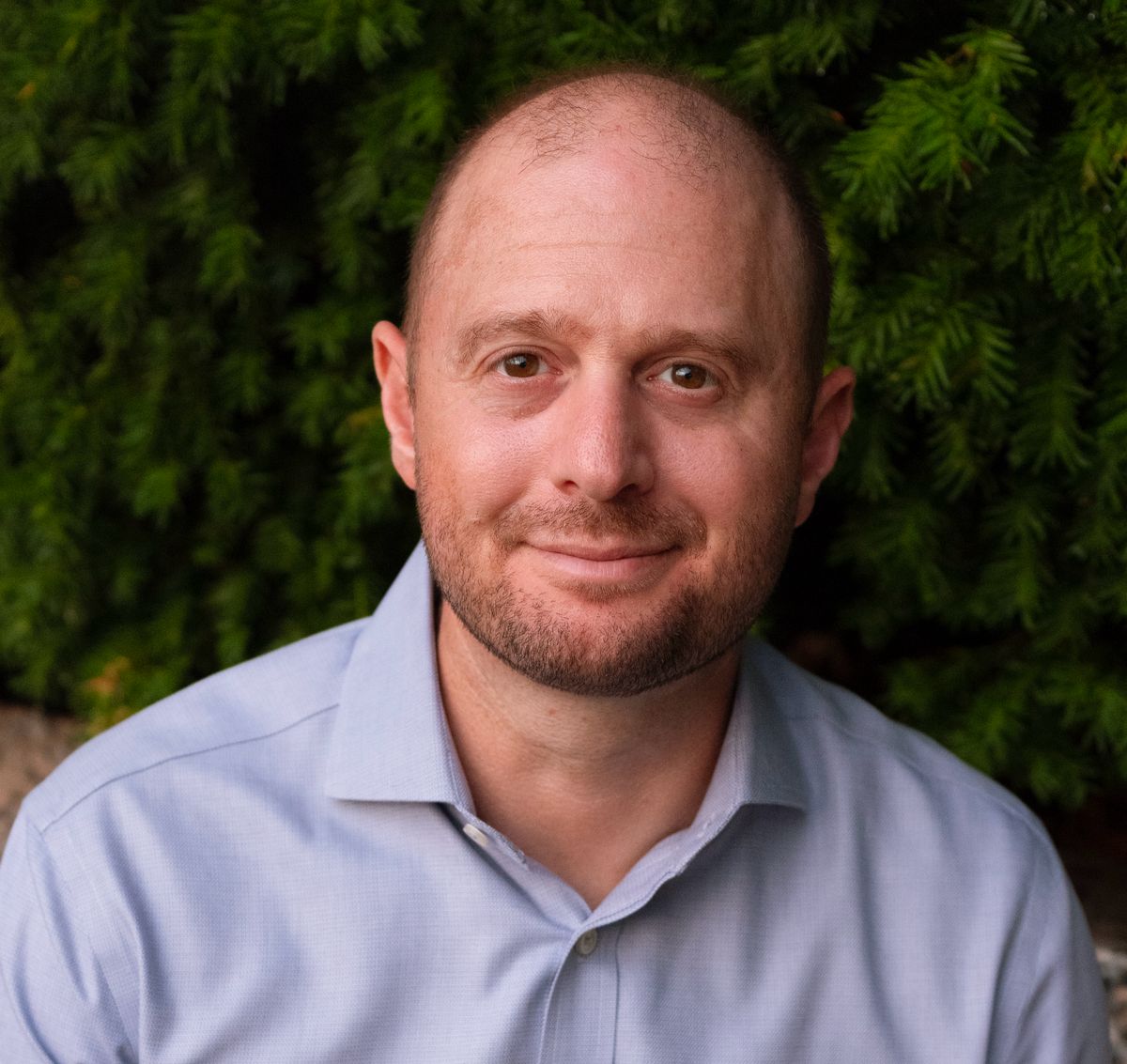For all of the accolades that immunotherapy has received in treating cancer, the opportunity is just beginning.
That’s according to Dr. Karen Knudsen, one of the most important women in cancer. Dr. Knudsen has run hospitals and cancer centers, was the chief executive of the American Cancer Society, and is now CEO of the Parker Institute for Cancer Immunotherapy.
And her belief in immunotherapy isn’t just a talking point. It’s a big reason why she left ACS to join PICI.
“There is so much happening in the immuno-oncology space. And that’s frankly where the rewards are coming from,” she told me this week at the Agentic conference in midtown Manhattan.
“You don’t often use the word cure for someone with metastatic cancer. We are starting to use that word a lot more in the 200 diseases that are cancer and it’s coming from immunotherapy,” she adds.
Immunotherapy is the broad term for a class of immune-boosting drugs that have become commonplace across medicine. These therapies, which harness your own immune system to fight tumors, have been a boon in fighting lung, kidney, and other cancers. In many cases, immunotherapies have replaced radiation and chemotherapy as the main treatment for cancer. (Side note: Anyone in treatment should ask if there is an immunotherapy trial or treatment available, say researchers and doctors.)

Photo courtesy of 120/80 Group
Dr. Knudsen says all of that success in immunotherapy has come before the revolution in artificial intelligence we are starting now. As AI meets immunotherapy, the possibilities for cancer patients and survivors could be transformative, she says.
And they are needed.
Dr. Knudsen says that the ACS expects 2.1 million new cancer diagnoses this year, with a little more than 600,000 deaths from cancer. Between 2020 and 2040, worldwide cancer incidences are expected to increase by more than 50%, she adds.
To head that off, AI can speed up drug development and clinical trials for immunotherapies because there are so many parts of the clinical trial process that can be helped with AI. Everything from lab work to the manual processes of finding patients can be sped up, she says.
“Clinical trials are the most advanced form of cancer care. And they’re not just for therapeutics. It’s for prevention, for early detection, for prevention of recurrence, for survivorship, and for better quality of life,” she says, adding that for oncology, the average time for discovery to cure is currently about 10 to 15 years.
3 More Questions with Dr. Knudsen
I asked Dr. Knudsen where the biggest mismatch between health and AI is right now. She flagged the types of projects that seem to be getting the largest investments.
Dr. Knudsen: “Those that are moving to the front for popularity are the ones that are also saying: ‘Hey, we’re going to help you with revenue cycle, we’re going to help you with billing.’ That’s a primary driver right now. I understand it, there’s a real business reason. You’ve got to keep the lights on. But at the same time, you’ve got a number of high-quality platforms that could be used to save lives that just don’t make it to the top of the priority list.”
I also asked Dr. Knudsen where patients and survivors might see AI in their medical lives soonest.
Dr. Knudsen: “When someone generally hits that five-year moment—five-year post-last therapy for cancer—and they are clean and they start to move more fully into the survivor space. That is the time they actually end their relationship with their medical oncologist, which is the person that’s been quarterbacking the vast majority of their care. And that’s a tough transition.”
So, now it’s a breakup and “that primary care physician may have never seen someone who's had your cancer, or who's been on Keytruda or a next generation immunotherapy because there just haven’t been enough years of people to see what that survivorship looks like.”
To fix this gap, Dr. Knudsen says to imagine AI helping in three specific ways:
Deliver medical information more conversational to help replace the previous oncologist relationship.
Help the primary doctor stay up-to-date with everything that’s coming with cancer.
Learn from every patient to help more research get done. Help every doctor and researcher learn about all of the survivorship challenges.
“Imagine a scenario where agentic (think: autonomous) AI can be trained to have just a conversation with you. The same one that would be an intake from your primary care. So that then what comes out the other side is a cancer screening plan that is bespoke to you and what has happened in your lifestyle and what you know about yourself. I think those are actually low lying fruit. But back to the challenges of implementation, who pays for that?”
Given the question of who might pay, who is a surprising group that might actually pay for this?
“Cancer actually is now the number one cost of health care for all mid and large size employers in the United States. So I went to a couple different CEO councils and all of a sudden everybody was paying attention. ‘Oh my god, what are we going to do about this rising cost of cancer care?’ It’s a byproduct of the fact that we’ve got all these now curative therapeutics which are costly. Well, the key actually is something we were just talking about, you got to catch them earlier.”
“An individual who does care is a CEO or CFO who wants to reduce overall cost of health care and recognizes there is a world of difference in the cost you’re going to pay for someone whose diagnosed with stage 1 colorectal cancer vs stage IV. About a ten-fold difference.”
